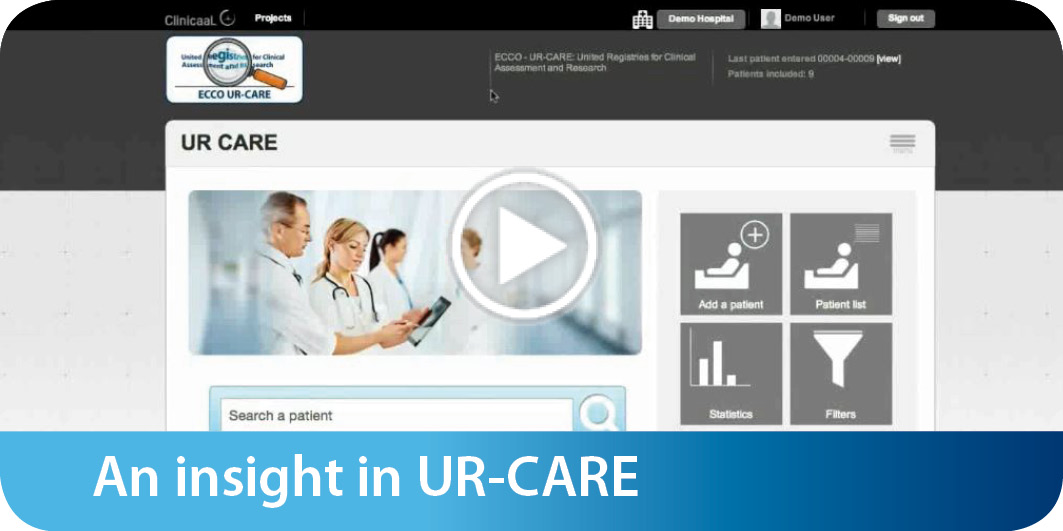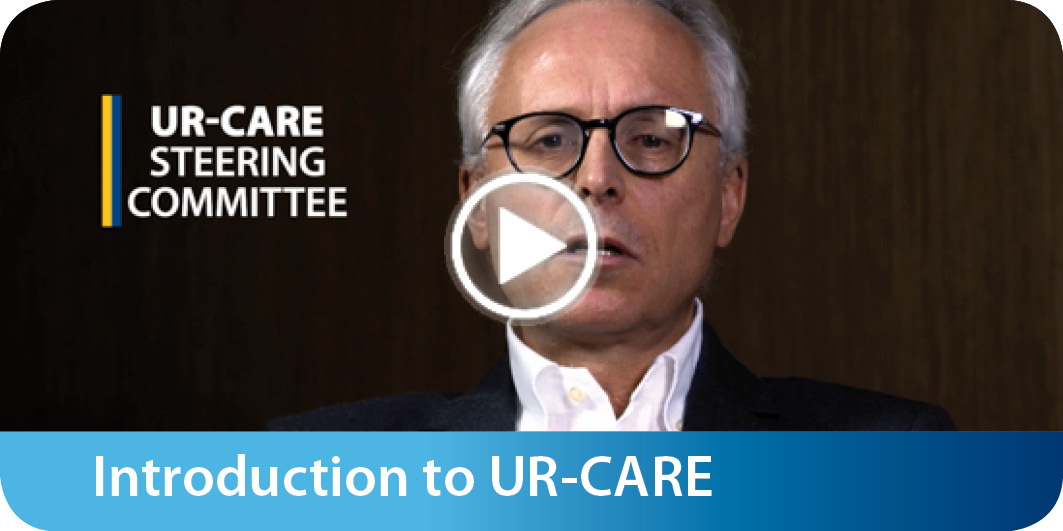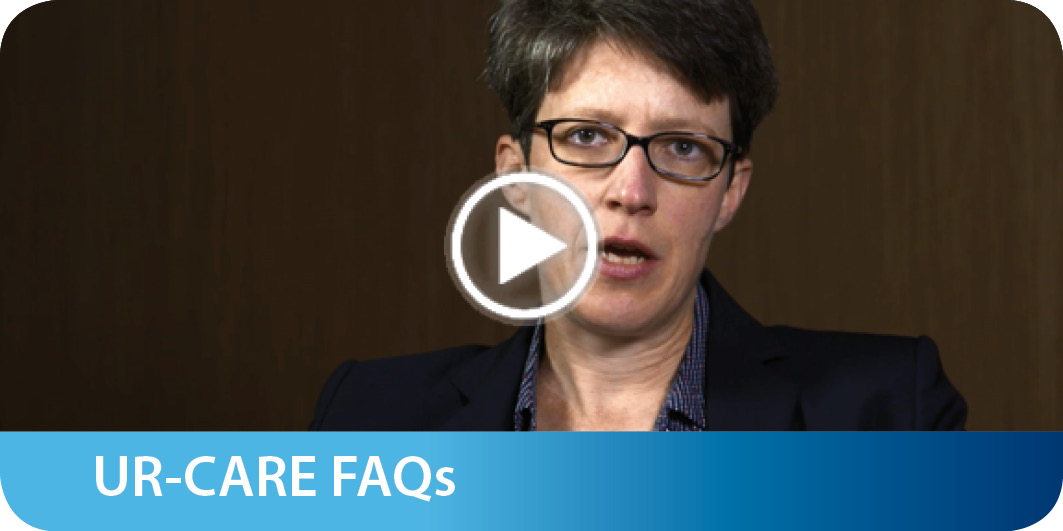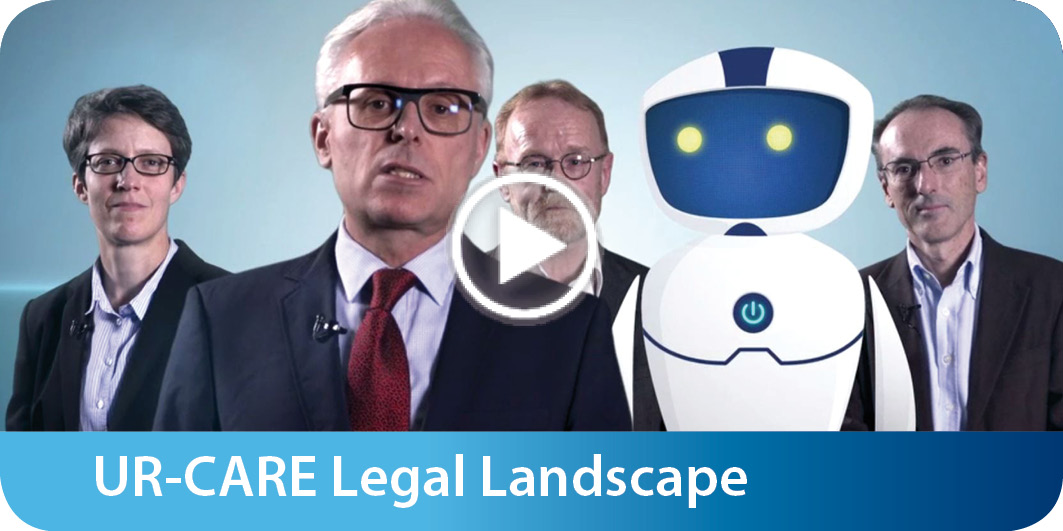INTRO VIDEOS & FREQUENTLY ASKED QUESTIONS (FAQS)
 |
 |
 |
 |
How does an institution get started with UR-CARE?
Any healthcare profesional can contact at This email address is being protected from spambots. You need JavaScript enabled to view it. to start the process of joining UR-CARE.
After completing necessary legal steps, the centre can access to UR-CARE database for daily clinical care and research.
Who can join UR-CARE?
Individual centres can join UR-CARE as independent institutions.
- Additionally, the individual centres are highly encouraged to join UR-CARE with their national study group, if the possibility exists. The legal authority of the representative signing on behalf of the centre will also need to be proved.
Study groups that are already established are highly encouraged to join with all their centres to UR-CARE.
- Each centre of a study group will first need to individually adhere to the UR-CARE legal documents prior to conduct any study that the Study Group might want to propose.
Do I need to be an ECCO Member to use UR-CARE?
No, it is not necessary to be an ECCO Member to use UR-CARE for daily clinical care or studies.
Is there a way of synchronising local databases with UR-CARE?
No synchronisation with an existing database is possible.
Will UR-CARE compete with existing databases? How is it envisaged that UR-CARE will work in countries that already have a national registry?
It is not the aim of UR-CARE to create competition with national registries. UR-CARE has the potential to be the biggest IBD digital database available today and to be a powerful resource for individual health care professionals as well as national IBD Study Groups.
As explained above, there will be the possibility for the national study groups and permanently established retrospective study groups conduct retrospective studies with their data autonomously.
How can a centre conduct research?
Detailed information can be found here.
Who has access to the patient data?
The individual centres remain the controllers of the data they enter in UR-CARE (upon patient's consent) and only the centre has full access to their patient information which are defined as follows:
- Personal details, such as patient ID created by UR-CARE, full name, date of birth, social security number (only visible to your institute),
- Contact details, such as postal address, telephone number, email address (only visible to your institute),
- General information, such as gender, age, nationality, ethnicity, date of inclusion in UR-CARE registry and Status of follow-up
- All information that is collected in daily clinical care relevant to IBD such as disease characteristics, patients’ characteristics, laboratory data, exams performed to assess your disease and your treatments including medical and surgical, disease complications.
For research purposes, pseudonymised patient data; the Patient ID created by UR-CARE, general information along with the medical data relevant to IBD is accessible to the Study Coordinators.
IBDIM is UR-CARE data processor. IBDIM contracts Persei to provide clinical research management expertise and to facilitate the regulatory process for individual centres and study groups in accessing the database. IBDIM / Persei will neither be able to see individual patient health records nor be able to use UR-CARE beyond the purposes of the project.
Is the UR-CARE IT technology secure?
UR-CARE database has established privacy and confidentiality mechanisms to ensure that the personal data and themedical data of the patients are stored safely in two different datasets and both isolated from your hospital.
These datasets can only be combined by another enciphered algorithm and enciphered key, which are also stored separately.
UR-CARE is a database which complies with EU data protection and privacy law. The IT security processes are certified and regularly audited.
What is the cost for using UR-CARE?
UR-CARE is offered by IBDIM to individual centres and study groups free of charge for daily clinical care and the conduct of retrospective studies.
The use of the prospective module will incur extra costs which will be covered by the study group (to be estimated on a case-by-case basis depending on the study project).
Will UR-CARE be available in other languages other than English?
At present, this is not within the current scope of the business plan.